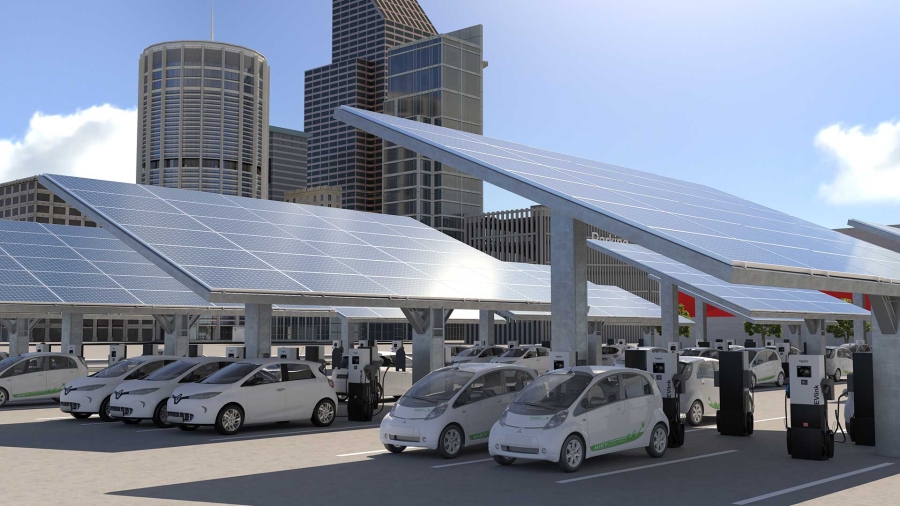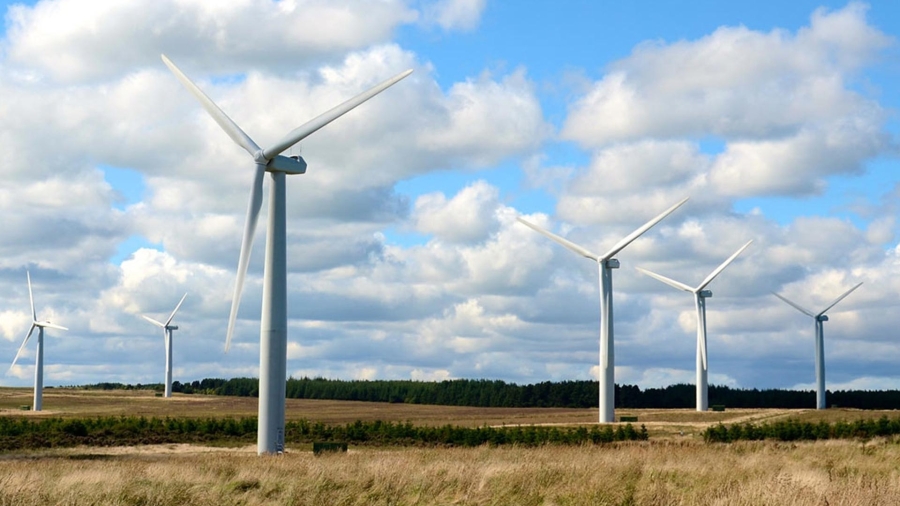A lack of ubiquitous charging infrastructure risks slowing the speed and success at which we transition to EVs. Most policies which address this focus on measures to promote public charging infrastructure. Given that 90% of the EV charge points to be installed by 2040 are projected to be private charge points: installed in our homes, offices and industrial buildings, the benefits of installing smart EV charging technology in buildings must be evaluated.

Electric vehicle smart charging in buildings
Smart building EV charging infrastructure provides huge benefits and is vital for decarbonizing transport.
Electric vehicle smart charging in buildings
Next Article

Mission possible: Reaching net-zero carbon emissions from harder-to-abate sectors
Learn how we can decarbonize harder-to-abate sectors by the middle of this century

The future of the United States climate policy is digital
Learn how the US can use digital solutions to promote economic opportunities while combating climate change.

Digital with impact
Towards a systemic approach to digitalization for a sustainable energy transition.

Climate Horizon: Opportunities for a greener world in the Middle East
This paper explores two future perspectives for decarbonization in the Middle East by 2060.

Green digital solutions for corporate biodiversity action
The massive and accelerating loss of biodiversity is one of today’s key crises.

How Schneider Electric’s climate risks interact
And how the network view can help spot opportunities and avoid the biggest tragedies

Building a green future: Examining the job creation potential of electricity, heating, and storage in low-carbon buildings
A study reveals over 2 million new jobs can be created during the transition to net-zero buildings.

The why, what, and how of corporate biodiversity action
The approach towards corporate biodiversity action shows similarities with that of climate action at several points along the way.





